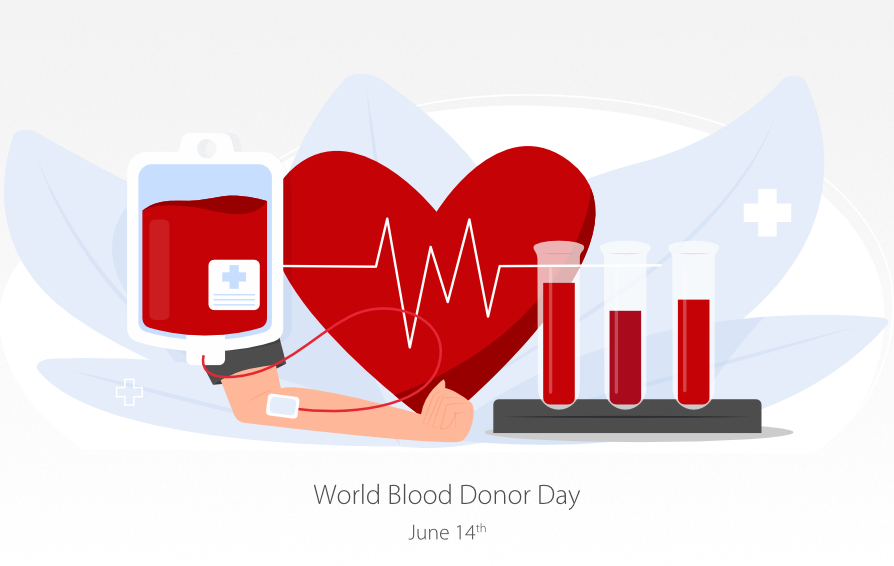The Life-Saving Act of Blood Donation
Blood donation is one of the most selfless and impactful acts of kindness a person can perform. Every year, millions of people around the world rely on donated blood to survive accidents, surgeries, medical conditions, and complications during childbirth. Despite the constant need for blood, many hospitals and blood banks struggle to maintain adequate supplies. By donating blood, you can play a vital role in saving lives and supporting healthcare systems.
Why Blood Donation Matters
Blood is an essential component of medical care. It is used in a variety of life-saving treatments, including:
- Emergency situations: Victims of accidents, trauma, and natural disasters often require urgent blood transfusions.
- Surgical procedures: Many major surgeries, including organ transplants and heart operations, depend on blood donations.
- Cancer treatments: Chemotherapy and other cancer therapies can weaken the body’s ability to produce blood, necessitating transfusions.
- Chronic illnesses: Conditions like anemia, sickle cell disease, and hemophilia often require regular blood transfusions to sustain patients’ health.
Who Can Donate Blood?
Most healthy individuals can donate blood, but eligibility criteria vary by country and organization. Generally, donors must:
- Be at least 16 or 18 years old (depending on local regulations)
- Weigh a minimum of 50 kg (110 lbs)
- Be in good health and free from infections
- Not have donated blood too recently (usually a minimum of 8 weeks between donations)
- Avoid certain medications or medical conditions that may affect donation safety
It is always advisable to check with a local blood bank or donation center for specific requirements before donating.
The Blood Donation Process
Donating blood is a straightforward and safe process that typically takes less than an hour. Here’s what you can expect:
- Registration: You will provide identification and answer a few questions about your health history.
- Health Screening: A quick check-up, including blood pressure, pulse, and hemoglobin levels, ensures you are fit to donate.
- Donation: A sterile needle is inserted into a vein, usually in the arm, and about one pint (500 mL) of blood is collected.
- Rest & Refreshments: After donation, you will be asked to rest and drink fluids to help your body recover.
- Recovery: Most donors feel fine afterward, but it is recommended to avoid heavy lifting and strenuous activities for the rest of the day.
Benefits of Donating Blood
Apart from saving lives, blood donation offers several benefits, including:
- Health Benefits: Regular donations can help maintain healthy iron levels and reduce the risk of heart disease.
- Free Health Check-Up: Each donation involves basic medical screening, which may help detect potential health issues.
- Emotional Satisfaction: Knowing that you have contributed to saving lives can bring a sense of fulfillment and purpose.
Overcoming Common Fears
Many people hesitate to donate blood due to fear of needles, pain, or weakness. However, the discomfort is minimal, and most donors feel normal within a few hours. Blood banks ensure the process is safe, using sterile, disposable equipment to prevent any risk of infection.
How to Get Involved
If you are interested in donating blood, here are some ways to get started:
- Visit your local blood donation center or hospital to inquire about upcoming drives.
- Participate in community blood drives organized by schools, workplaces, or religious institutions.
- Encourage friends and family to donate and raise awareness about the importance of blood donation.
Conclusion
Blood donation is a simple yet powerful act that can save countless lives. Whether you donate regularly or just once, your contribution makes a difference. By spreading awareness and encouraging others to participate, we can ensure that blood supplies remain available for those in need. Make a difference today—donate blood and be a hero in someone’s life!

Leave a Reply